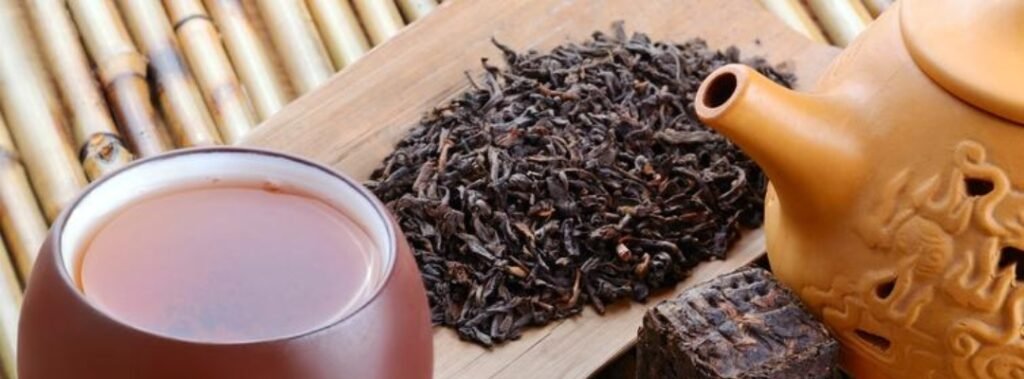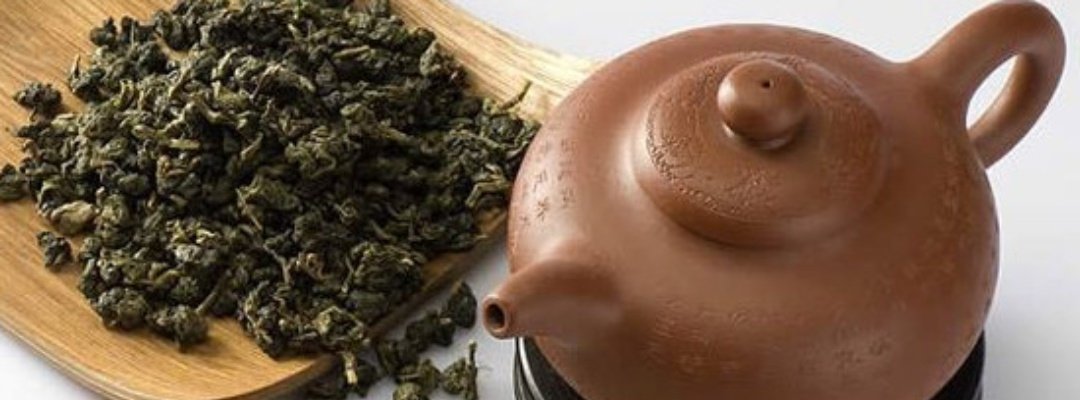In the realm of natural health remedies and preventive strategies, tea has long been a beverage associated with numerous benefits. Among the various types of tea, oolong tea, with its unique fermentation process and rich flavor profile, stands out not only for its delightful taste but also for its potential health benefits, including its role in cancer prevention and support. This blog delves into the intricate relationship between oolong tea consumption and cancer, shedding light on the scientific research, potential mechanisms of action, and how incorporating oolong tea into one’s diet might contribute to a holistic approach to cancer prevention.
Oolong Tea: An Overview
Oolong tea, a traditional Chinese tea, occupies a middle ground between green tea and black tea in terms of oxidation levels. This semi-fermented tea undergoes a unique production process that gives it a distinct aroma and taste, as well as a specific profile of bioactive compounds. Among these compounds are polyphenols, including theaflavins, thearubigins, and EGCG (epigallocatechin gallate), which are thought to play a key role in its health-promoting properties.
The Science Behind Oolong Tea and Cancer Prevention
Antioxidant Activity
Like other teas, oolong tea is rich in antioxidants. These substances counteract oxidative stress, a condition characterized by an excess of free radicals – unstable molecules that can damage cells and DNA, potentially leading to cancer. By neutralizing free radicals, the antioxidants in oolong tea may help reduce the risk of cellular mutations and the development of cancer.

Anti-proliferative Effects
Some laboratory studies have shown that the polyphenols found in oolong tea can inhibit the proliferation of cancer cells. For example, EGCG has been observed to induce apoptosis (programmed cell death) in various types of cancer cells, including breast, lung, and colorectal cancer cells, without harming normal cells. This selective action is crucial for the potential therapeutic use of oolong tea components in cancer treatment.
Immune System Support
Oolong tea may also bolster the immune system, improving the body’s ability to fight off malignant cells. A robust immune system is essential for identifying and eliminating cells that could lead to cancer.
Research Insights: Oolong Tea and Specific Cancer Types
While research on oolong tea and cancer is less extensive than that on green tea, several studies have highlighted its potential benefits against certain types of cancer:
Skin Cancer : Some studies suggest that the polyphenols in oolong tea can protect against UV radiation, reducing the risk of skin cancer. Regular consumption of oolong tea, coupled with traditional sun protection measures, may offer additional defense against UV damage.
Breast Cancer : Preliminary research indicates that the antioxidants in oolong tea might lower the risk of breast cancer. The mechanisms may involve modulation of estrogen metabolism and antioxidant protection against DNA damage.
Colorectal Cancer : There is also interest in oolong tea’s potential to reduce the risk of colorectal cancer, with studies suggesting that its polyphenols can promote the death of cancerous cells and inhibit their proliferation.
Incorporating Oolong Tea into a Cancer-Preventive Lifestyle
To potentially harness the cancer-preventive properties of oolong tea:
Regular Consumption : Integrating a few cups of oolong tea into your daily routine could be a pleasant way to contribute to cancer prevention. However, moderation is key, as excessive caffeine intake can have adverse effects.
Quality Matters : Opting for high-quality, loose-leaf oolong tea can ensure a higher concentration of beneficial polyphenols compared to lower-quality or overly processed teas.
Complement a Balanced Diet : Oolong tea should complement a diet rich in fruits, vegetables, whole grains, and lean proteins, which together provide a spectrum of nutrients and antioxidants critical for health and cancer prevention.
Cautions and Considerations
While oolong tea is generally safe for most people, those with specific health conditions, such as caffeine sensitivity, heart problems, or pregnant and breastfeeding women, should exercise caution and consult a healthcare provider. Additionally, tea can interact with certain medications, so it’s important to discuss its consumption with a healthcare professional if you are undergoing medical treatment.

Though more research is needed to fully understand the complex relationship between oolong tea consumption and cancer prevention, current evidence points to a potentially positive role. Oolong tea, with its unique flavor and array of bioactive compounds, can be a valuable addition to a lifestyle aimed at reducing cancer risk. As we continue to explore the health benefits of traditional beverages like oolong tea, it’s clear that sometimes, ancient wisdom and modern science can converge to offer hopeful insights into our quest for health and longevity.
